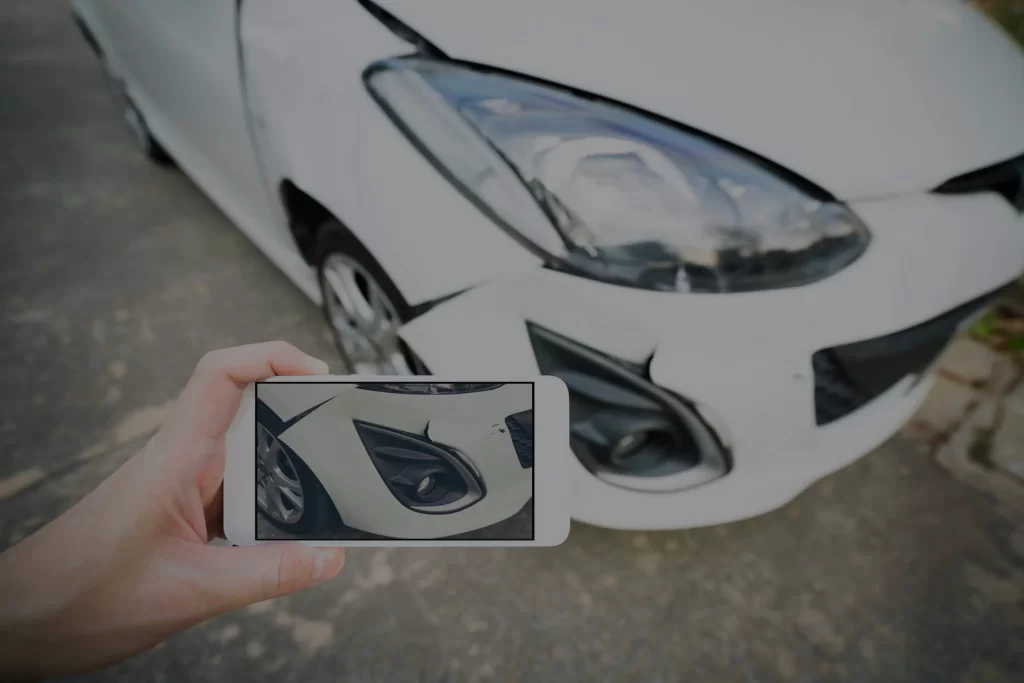In the aftermath of your vehicle being hit from behind, your immediate worry is the well-being of your passengers and ensuring that your vehicle is no longer in a danger zone. You can summon a police officer and, if required, an ambulance for injury evaluation by dialing 9-1-1. As soon as the site of the accident is secure, one critical question arises – what to do after a rear end collision? Here are the subsequent actions you need to undertake for restoration by a Pensacola, FL body shop.
Notify Your Insurance Company
Following an accident, it’s crucial to promptly contact your auto insurance provider, either directly or via their mobile app, to start the claims process. Capture photographs of the accident scene, note the names and badge numbers of the police officers present, and gather a copy of the accident report. Also, collect the contact details of all involved parties and any witnesses. After your initial report, an insurance agent will guide you through the claims process, potentially arranging for your damaged vehicle to be towed to a repair shop.
How to Find a Collision Repair Shop
While your insurance company might suggest a particular repair shop, remember that you’re not required to adhere to their advice. Conducting some preliminary research before choosing a trustworthy shop can be beneficial. Use the subsequent tips to help find a repair shop that best suits your needs.
1. Reach Out to Your Mechanic
Typically, the individuals who conduct regular maintenance and minor repairs on your car aren’t the same ones who manage collision-related work. This type of intricate repair often involves fixing structural damage, straightening frames, and replacing related parts and is usually carried out by professionals with specialized training. However, your regular mechanic might collaborate with a body shop to manage such tasks. So, if a referral is provided, don’t hesitate to make the necessary call.
2. Tap Your Network
Family members and friends are often good go-to sources for finding professionals. Someone in your network may have been involved in a car accident. If so, make contact and quiz them about their experience. If they’re satisfied with a body shop in your area, that’s one for consideration. Ask this person about their experience, including the insurance process, estimate, and work done. Bonus if the body shop went to bat for them to get the insurer to cover work not included with the original estimate.
3. Examine Online Reviews
Long-standing companies typically have customer evaluations listed with the Better Business Bureau (BBB), making it a prime resource for inquiries. Additionally, local body shop reviews for Pensacola, FL, can be accessed on platforms like Yelp and Google, which offer first-hand customer opinions. The beauty of these reviews lies in the specifics of personal experiences shared by customers. The insights shared by individuals online about a business can provide you with a wealth of knowledge, assisting in refining your selection.
Choosing Your Body Repair Shop
Perhaps you have found a body repair shop that seems like the right choice for you. If so, the next step is to reach out and ask a representative some questions.
1. Are your technicians and shop certified?
For instance, for body shops, all technicians should be certified by the Inter-Industry Conference on Auto Collision Repair (I-CAR). This ensures that the people who work on vehicles have the skillsets to get the job done. When it comes to the repair shop, OEM certification is helpful particularly as cars become more technologically complex. For example, a shop may not just replace a bumper, but the sensors contained within them. Further, the shop must be registered by the State of Florida to perform work on your vehicle.
2. What is your process for working with insurance companies?
Opt for a body shop that collaborates with insurance firms throughout the process to guarantee your work is accomplished as projected. This implies that should there be any alterations in the scope of work, the body shop will advocate for you. While it’s likely you’ll avoid any direct expenses, the insurance company still needs to approve them. The body shop should serve as the intermediary with your insurance provider to ensure this happens.
3. How long do repairs take and what is the warranty?
Before consenting to the services, the body shop should provide you with an anticipated completion timeline. This allows you to determine the duration you’ll be without your vehicle and accordingly coordinate with your insurance company for a rental car during your vehicle’s downtime. Additionally, the work must come with a warranty, which could vary from a one-year warranty to potentially a nationwide transferable lifetime warranty.
Finally, if insurance is not part of the equation, ask the shop if they supply financing or accept a payment plan.
Collision Repair Considerations
We’ve answered the question, “What to do after a rear end collision,” therefore you’re now equipped to move forward with confidence. Open communication with your Pensacola, FL, body repair shop is important, to ensure that the work is accomplished as expected and on time.

